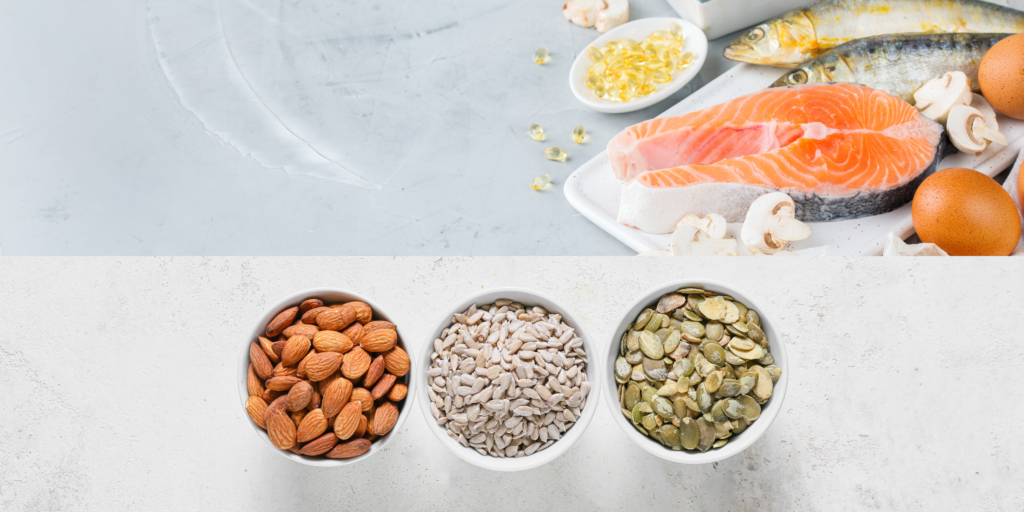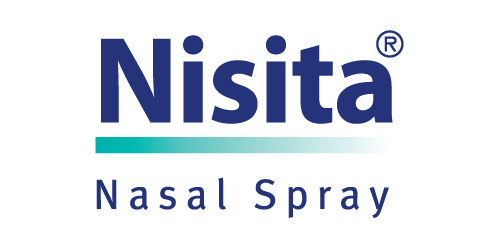
Eating the right foods and nutrients can give us energy to stay active throughout the day, support our immune system and improve our health—even our lung health! The right nutrients in your diet can help you breathe easier, and in some cases, help minimize asthma symptoms.
Metabolism is the process of changing food to fuel in the body. Oxygen is important in this process to help burn the food’s nutrient molecules. When sugars, fibers, fats and proteins are broken down, energy is the final product. Carbon dioxide is created as a waste product and is exhaled.
Different types of nutrients require different amounts of oxygen and produce different amounts of carbon dioxide. Carbohydrates use more oxygen and produce more carbon dioxide, whereas fats produce less carbon dioxide for the amount of oxygen consumed.
Diet and nutrition may be important modifiable risk factors for the development, progression and management of obstructive lung diseases such as asthma and chronic obstructive pulmonary disease (COPD)
What can help?

Vitamin D: Vitamin D plays an important role in boosting immune system responses and helps to reduce airway inflammation. Low levels of vitamin D have been linked to increased risk of asthma attacks in children and adults. Research also shows adults with asthma may benefit from vitamin D supplements, such as protective effects against acute respiratory infection and reduced rate of exacerbations needing treatment with systemic corticosteroids.
- Food sources of vitamin D include: fortified milk, salmon, orange juice and eggs.
Vitamin E: Vitamin E contains a chemical compound called tocopherol, which may decrease the risk of some asthma symptoms like coughing or wheezing.
- Sources of vitamin E include: almonds, raw seeds, Swiss chard, mustard greens, kale, broccoli and hazelnuts.
What to avoid?
Sulfites: While some fresh fruits such as apples or bananas can be helpful in your diet, sulfites are found in many dried fruits and can cause an adverse reaction or even worsen asthma symptoms for some.
- Sulfites are also found in some pickled food, shrimp, maraschino cherries, bottled lemon or lime juices.
Foods that cause gas: Avoid foods that cause gas or bloating, which often make breathing more difficult. This may cause chest tightness and trigger asthma flare ups.
- Foods to avoid include: beans, carbonated drinks and fried foods.
Salicylates: Salicylates are naturally occurring chemical compounds and, although it’s rare, some people with asthma may be sensitive to salicylates found in tea, coffee, some herbs or spices and even aspirin.
Keep in mind that food restrictions and allergies vary depending on the individual. Remember, no single food or vitamin will supply all the nutrients you need. A diet with a variety of vitamins and nutrients that keep our minds and bodies healthy.
